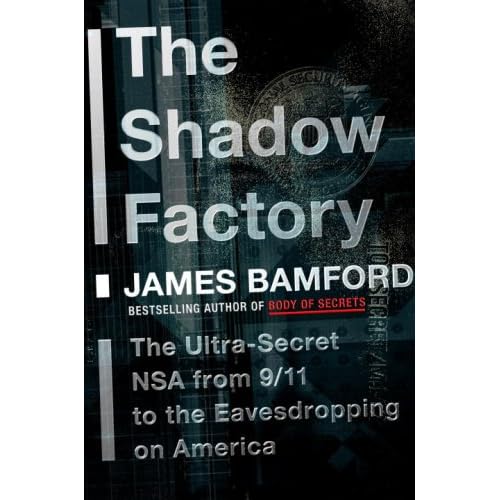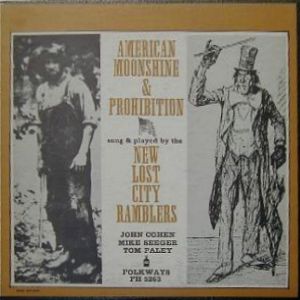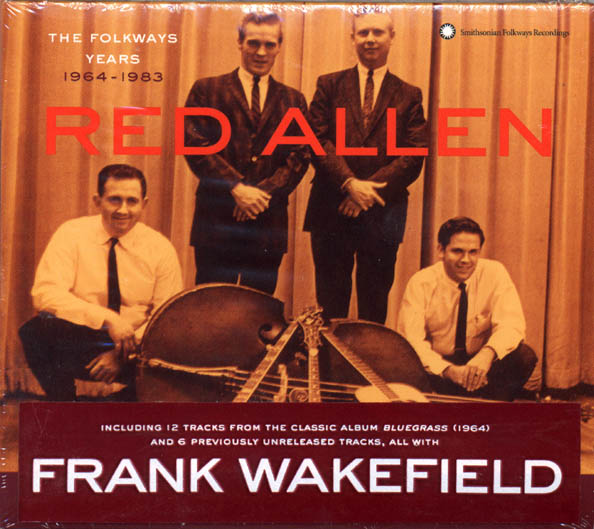("Eugene Jarecki's 2006 film "Why We Fight" won the Grand Jury Prize at the Sundance Film Festival as well as a Peabody Award. This posting is an excerpt from his new book, The American Way of War: Guided Missiles, Misguided Men, and a Republic in Peril. It has just been released by Simon & Schuster/Free Press.")
The Straight Talk Train Wreck
by Eugene Jarecki
Huffington Post
In November '05, as the theatrical release of
Why We Fight approached, I visited Washington for a follow-up with the Senator, both as a courtesy and hoping he might appear at the film's premiere. I arrived early for my appointment, and his receptionist pointed me to a seat on the couch. She was busy fielding a torrent of calls. "Senator McCain's office, please hold," she said repeatedly. "The office of Senator McCain, please hold...."
On a TV flickering silently, the Senate was in a frenzied session on the administration's handling of pre-war intel on Iraq. Watching the charade of partisan posturing onscreen, I wondered if Americans outside the Beltway even cared at all. The calls coming in to the receptionist suggested they did. From her responses, the callers seemed concerned with a wide array of subjects facing the Senator. "The Senator is unavailable at the moment," she would say. "May I pass on a message? Yes he is familiar with that issue. You say you support it? Yes? I will pass that on to the Senator. Thank you for calling." Some version of this conversation recurred ten times in the first 15 minutes I was there.
During a lull, I approached the receptionist and asked her how many such calls she fields each day. "Oh hundreds," she smiled. "Is there a system for passing all this on to the Senator?" I asked. "Oh yes," she replied, brandishing a steno pad with an immaculate handwritten tally of the views expressed. "I share this with him at the end of the day." Impressed and inspired, I returned to the visitor's couch. For a moment, Washington seemed to be working for America.
As I waited, though, I noted a conversation taking place on the opposite side of the waiting room. There at a conference table was a group of businessmen meeting with two of the Senator's staffers. I hid myself in a magazine and pretended not to listen. From what I could gather, the businessmen represented a defense interest seeking the Senator's support for some system produced by their firm. It was pretty ironic. There I was, having made a film that investigates military-industrial-congressional corruption, and after less than an hour in Washington I was already witnessing in microcosm the tension of forces acting on public policy. On my right, the voices of Eisenhower's "alert and knowledgeable citizenry" seeking their Senator's ear through his receptionist's headset. On my left, representatives of the military-industrial sector, seeking with quiet confidence to influence the Senator on a matter of mutual interest.
A balanced picture? How could it be, really? Given the grotesque costs of elections and the need for members of Congress to bring home jobs, the most important people for any politician, Republican or Democrat, are those whose companies create jobs and generate contributions. And for the most part, that's not you and me. Most Americans don't meet their politicians. Half the country doesn't vote. Ninety-six percent don't write campaign checks.
I didn't see the Senator that day but met instead with his Chief of Staff Mark Salter. I explained to Mr. Salter that Senator McCain's outspoken onscreen remarks were proving popular with audiences weary of the status quo. I told him I wanted to arrange events to inspire public discourse and hoped the Senator might appear. Salter had bigger fish to fry, thanked me perfunctorily for my visit, and that was that.
But I could never have anticipated what happened next. The film was released nationally in January 2006. A few days later, I got a call from an agitated Mark Salter. He didn't recall my visit, hadn't seen the film, and after a panicked battery of questions, demanded I send him a copy. As promised during our November meeting, I had already sent him an advance copy, which I pointed out was already in his office. He asked me to hold, presumably confirmed this, then came back on the line to say he'd get back to me.
When next I heard from Salter, panic had grown to fury. He said the Senator's critical comments about the dangers of preemption and of American imperialism could give the mistaken impression McCain was opposed to the Iraq war and the Bush Administration broadly. But the moment in the film that was his greatest concern was when, responding to a question about the controversial awarding of no-bid contracts to Halliburton, McCain concedes, "It looks bad. It looks bad. And apparently, Halliburton more than once has overcharged the federal government. That's wrong." When pressed on how he would tackle this problem, McCain boldly declares, "I would have a public investigation of what they've done."
At that moment in the film, a phone rings off-screen and Senator McCain is advised by a staffer that Vice-President Cheney is calling. With a nervous laugh, the Senator excuses himself. "The vice-president's on the phone," he stammers, rising and scrambling off-screen, leaving the camera rolling on his empty chair. Different people see this scene differently. Some see McCain's sudden departure as perfectly normal. He's a high-ranking Senator, and the Vice-President is calling. Others see McCain's departure as evidence of a too-close relationship with Cheney. They note a certain embarrassment in McCain's body language. To yet a smaller, third group, McCain's reaction underscores Dick Cheney's omnipotence in Washington. Given the Administration's penchant for wiretapping, one viewer laughingly told me he thought perhaps "Cheney had decided the interview had gone on long enough."
Jokes aside, when McCain's office voiced their concern about this moment, I expected, if anything, they might fear the suggestion of uncomfortably close ties between McCain and Cheney. When Salter instead declared to me that I was "making it look like John McCain was critical of the Vice-President," and that "Vice-President Cheney has nothing to do with Halliburton," I realized that what he was objecting to was not that McCain might have appeared too close to Cheney but rather not close enough. Mr. Salter demanded that I send him a transcript of the Senator's interview, not just the parts that appear in the film. Since none of the film's more than twenty other interviewees had been provided such a thing, and since I valued the film's independence from political pressure, I told Mr. Salter I would seek advice from other journalists and get back to him.
Salter next resorted to threats, saying that, unless I complied, he would smear my name in the media and exert pressure on the film's principal funder never to work with me again. I said I thought the BBC would be unlikely to welcome such pressure from an irate chief of staff to a senator. Salter then changed gears, appealing to my sense of fairness. "When Senator McCain sat down to talk to you," he explained, "he thought he was talking to a television crew from the BBC." I said that that was true, but that the film had then gone on to win Sundance and secure a theatrical release. But then something troubling about his remark dawned on me.
"If you don't mind my asking," I said, "are you suggesting there are things Senator McCain will say to a British audience that he isn't comfortable saying to the American people?"Needless to say, this didn't help matters. But I wasn't trying to be snide. My question was just the logical extension of what Salter had intimated. But it clearly touched a nerve. He became enraged and, after hanging up, sought to make good on his threat to tarnish my name and career.
 To Read the Entire Article
To Read the Entire Article




























